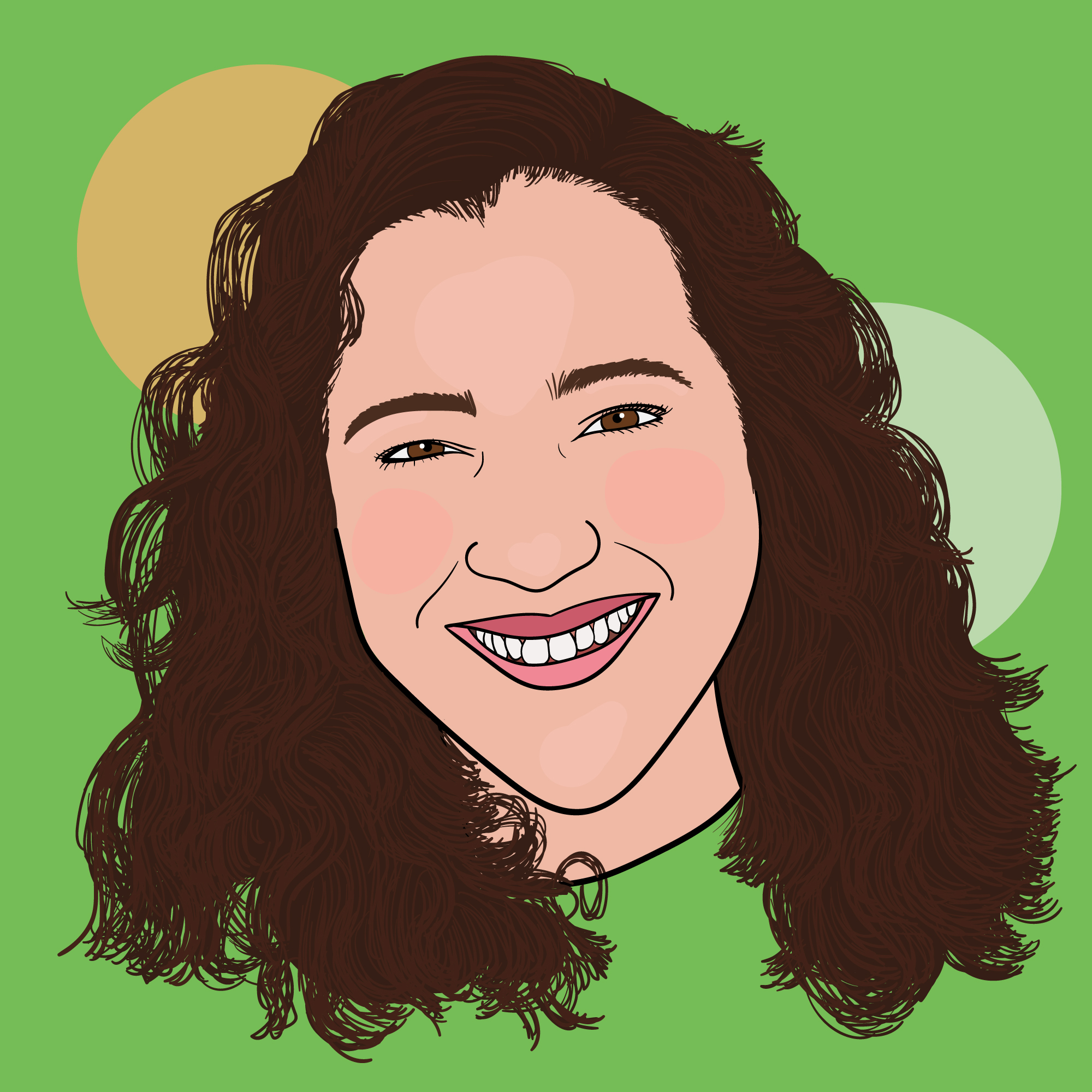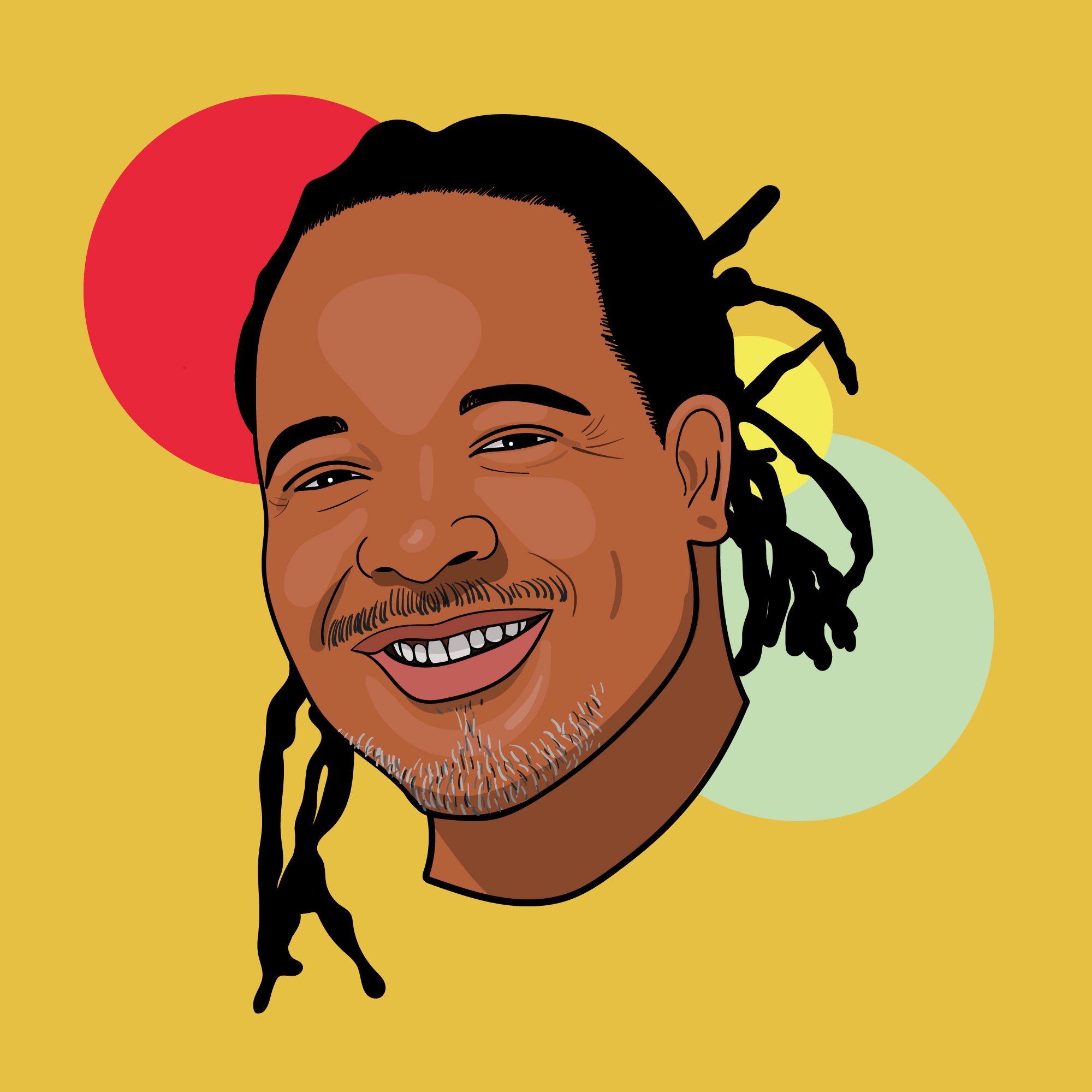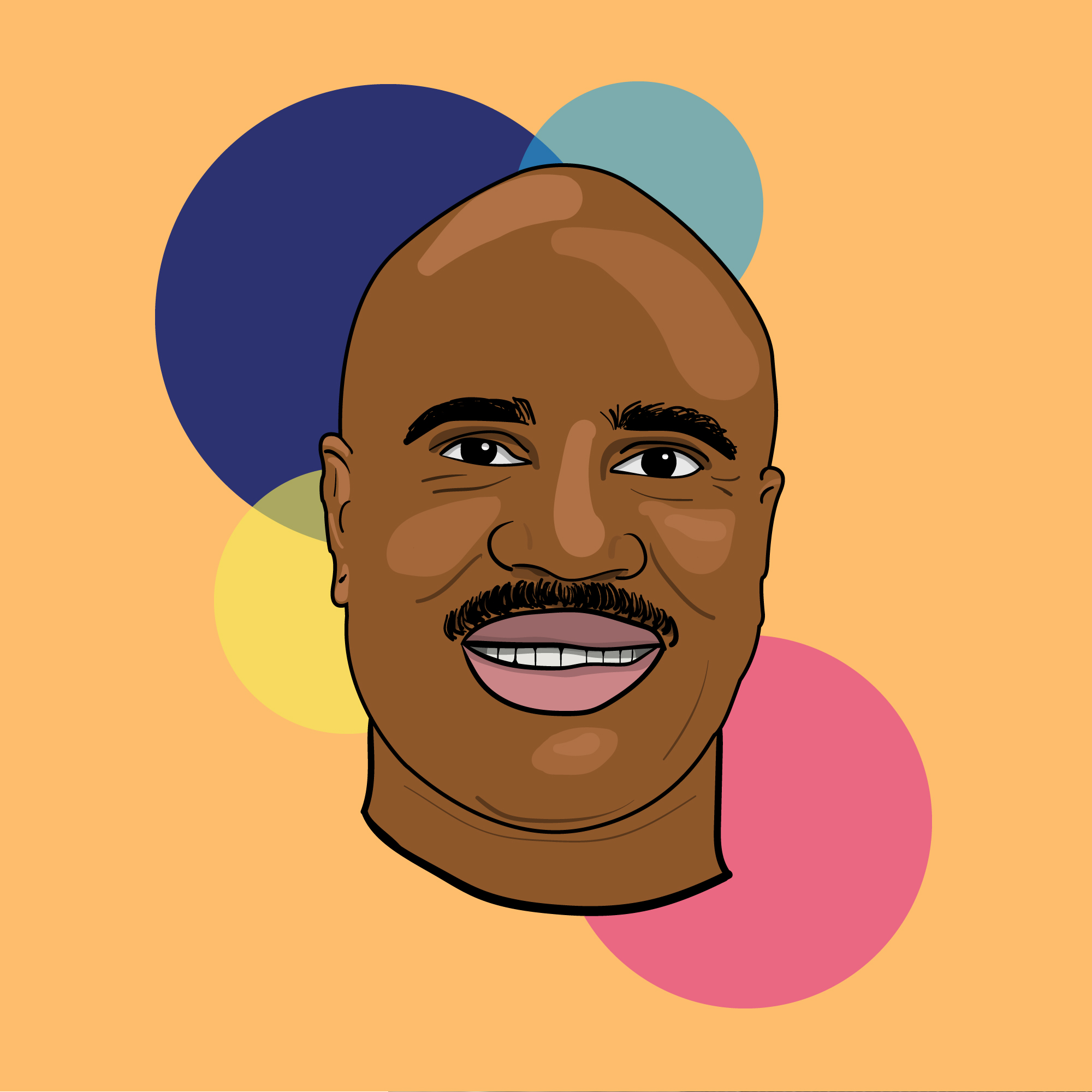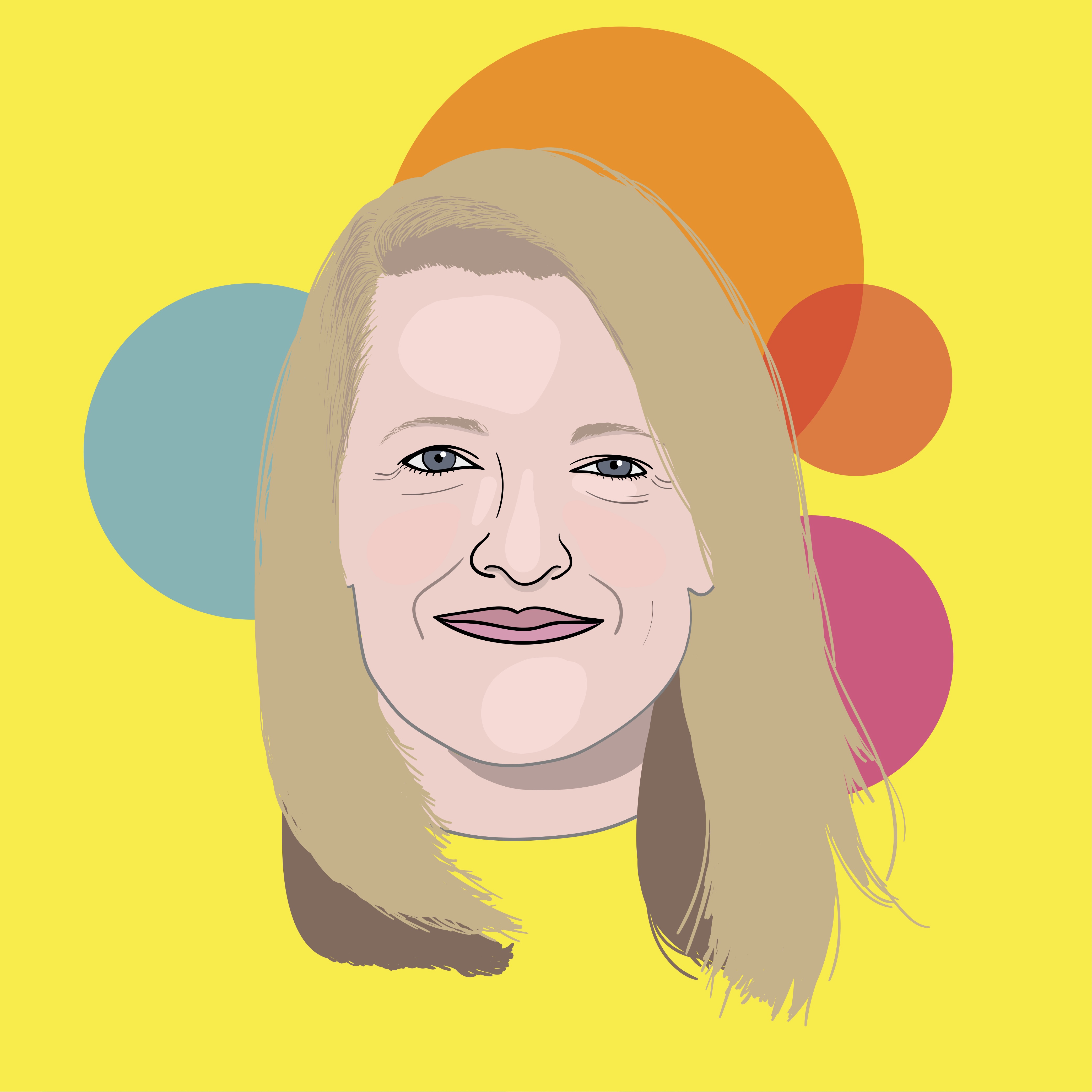Alex Smith

Social isolation is a national issue in the UK, where nearly 1 in 5 people say they often feel alone. Seniors and Millenials are the loneliest groups: Living separate lives in anonymous cities, the elderly have narrow but deep roots; young professionals have wide yet shallow ties. That disconnect affects individual and civic health. It can depress civic activity, like voting, or drive political polarization—even contributing to Brexit, which exposed a stark gap in attitudes between globalized youth and sometimes more ingrained seniors. Two parliamentary bodies have focused on the issue; and in 2018 Downing Street created a Minister of Loneliness, tasked with drafting anti-loneliness policies and funding new programs to bring people together.
The Cares Family (Opens in a new tab) brings elderly neighbors and young professionals together to combat social isolation and polarization, connecting people to their changing communities and bridging generational, cultural, digital, and attitudinal divides in ways that can deepen civic ties, optimism, and engagement. Some 13,000 seniors and 12,000 young people have so far shared more than 250,000 hours in social clubs, buddy programs, community fundraisers, and grassroots outreach across five community networks (in Manchester, Liverpool, East London, South London and North London). Both groups report now feeling more tied to their communities and more appreciative of each other and of the wider world. Part of a larger, transatlantic movement for intergenerational connection, The Cares Family works especially hard to strip the “charity” aspect from its work, instead emphasizing two-way, cross-age relationships, treating seniors not as victims to help, but as people with contributions to make for communal good. The Cares Family is now sharing its learning with bridge-builders all across the UK through its national Multiplier program.
Eugene Warren, an 85-year-old New Yorker I worked with for a year, who helped rejuvenate his city through business and community.
Over the past two years The Cares Family has expanded its work to new locations in the UK, and further influenced the UK government’s first loneliness strategy, which was launched by the former Prime Minister at a Cares Family social club in 2018. During the pandemic, as loneliness and intergenerational connection both deepened due to social distancing restrictions, The Cares Family created new storytelling and campaigns arms to help influence further policy work and to try to engender a new era of neighborliness. As well as launching its ‘Multiplier’ to help people build bridges across divides in their own communities in their own ways, the organization is planning additional ways to help people in communities everywhere to build intergenerational connection.
Keith Wattley has inspired me deeply. His work helps people to heal by finding their voice, their story and their community – and he shows that systems can be improved and justice deepened by lifting up the empathy innate in humanity.
Melissa Malzkuhn has also inspired me deeply. Her work shows the richness, diversity, creativity and beauty in language, and that the power in human connection transcends written and spoken words.


















